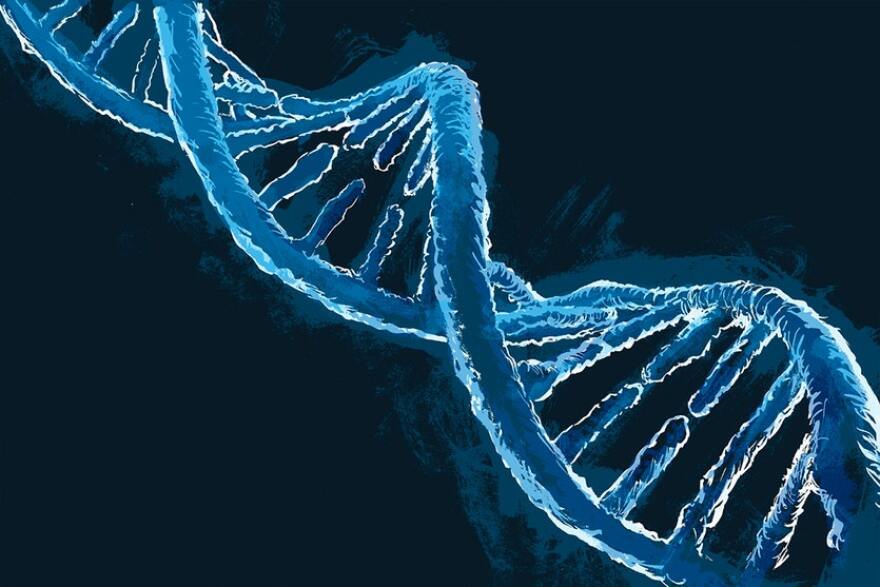CRISPR, the powerful gene editing technique that enables the precise modification of genes, is revolutionizing medicine and biotechnology. It can be used to alter embryonic DNA, delay the aging process, treat cancer, and other diseases.
But the high costs and ethical implications have sparked intense debate. When should gene-editing be used? Who will control it? And how can we make sure its benefits are available to all? Join the conversation on the next Your Call, with Matt Martin, and you.
Guest:
Dr. Marcy Darnovsky, executive director of the Center for Genetics and Society
Dr Samuel Sternberg, protein-RNA biochemist and CRISPR expert, and co-author, along with Jennifer Doudna, of A Crack in Creation, a popular science book about the discovery, development, and applications of CRISPR-Cas9 gene editing technology.
Web Resources:
NPR: How Will 'Cut And Paste' Technology Rewrite Our DNA?
LA Review of Books: Biopower in the Era of Biotech
FiveThirtyEight: The Battle Over CRISPR Could Make Or Break Some Biotech Companies
The NY Times: In Breakthrough, Scientists Edit a Dangerous Mutation From Genes in Human Embryos


